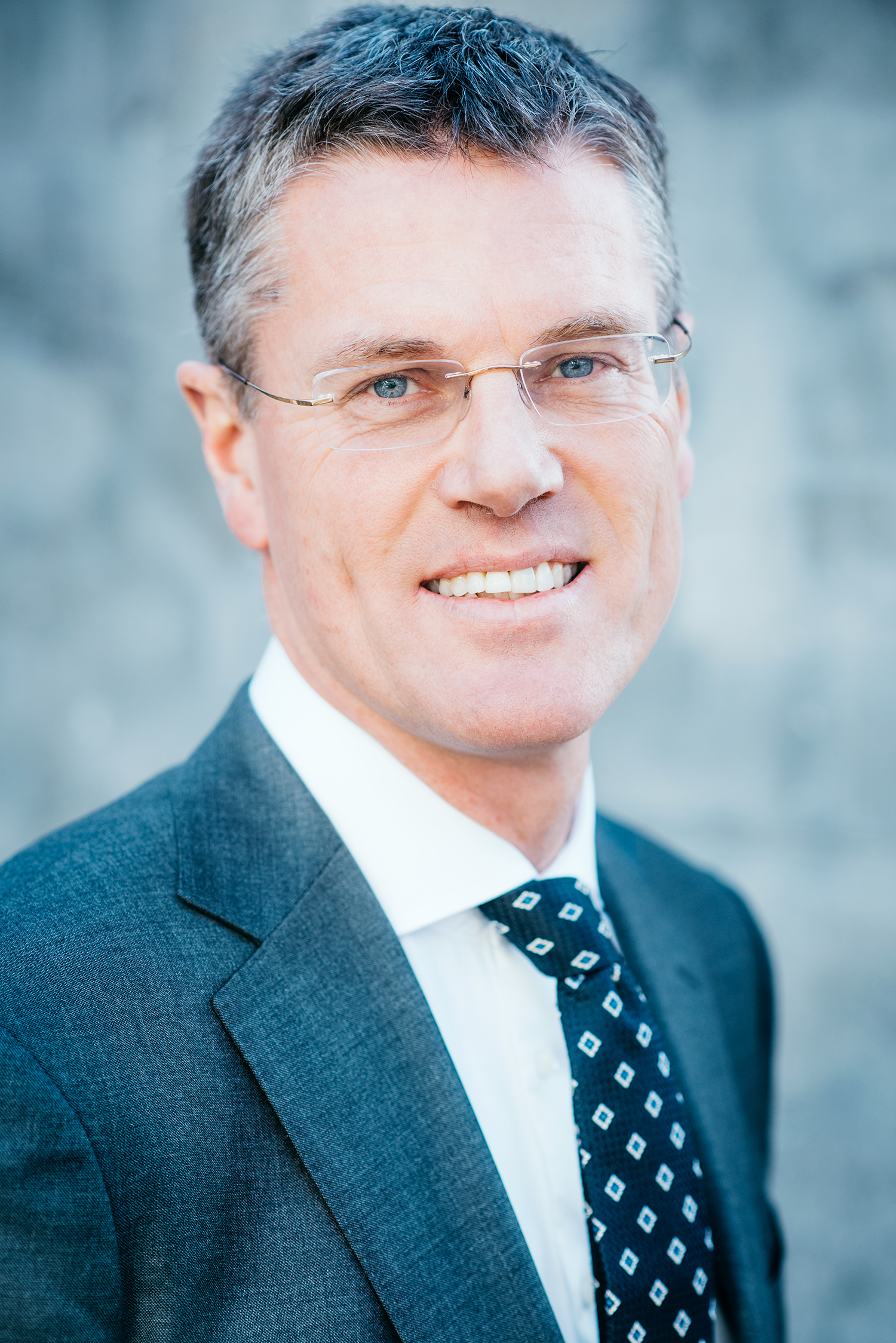
'The Netherlands must return to the breakaway group'
Column by Pieter Duisenberg
Although the Netherlands is performing well in terms of innovation, we are beginning to fall behind the international leaders in this field. Only with a clear agenda, extra investments and more opportunity for fundamental research will our country once more be able to take a leading position and at the same time become Europe’s knowledge and innovation delta. This is the vision of Pieter Duisenberg, who chairs the Association of Universities in the Netherlands (VSNU).

“Although we may like to complain, we’re performing quite well when it comes to innovation. We’re particularly good at collaborating with the business community, something that has earned us international acclaim. It may typify the Dutch consensual approach, but the triple-helix model is one of the Netherlands’ USP's. Regional cooperation is also improving all the time.
“Universities play a key role in resolving major societal challenges. The Netherlands ranks well when it comes to its impact in terms of the Sustainable Development Goals (SDGs) – also compared to other countries. So, despite all the complaining, in my view the glass is half full. But if the Netherlands really wants to play a leading role, we will need to do quite a lot more.
Fundamental research
“Most importantly: we need to focus on fundamental research. If we do not continue to lead in that field, our role in innovation will be short-lived. This applies to all academic subjects, including arts and humanities and the natural, social and behavioural sciences. Academics need to be given the means to conduct research that is driven purely by curiosity.
“Secondly: create opportunities for entrepreneurship. The culture in universities still focuses too much on academic publications. Our aim is to make different types of career possible: you can also have a great future in teaching or innovation. We are currently in the process of conducting a feasibility study on a post-doc programme for valorisation. The idea will be to convert a promising thesis into a start-up company within the space of two years.
“A third key priority revolves around the fact that too little research in the Netherlands results in new start-up companies. Spin-offs that later go on to develop into scale-ups. How can we engineer a breakthrough in this area? We’ve developed a three-stage methodology: change the culture, improve the structure and increase the opportunities for funding.
Mosa Meat
As an example of an inspiring, radical Dutch innovation, Duisenberg cites the start-up Mosa Meat. This company, which is marketing a hamburger made from cultured meat, encapsulates Duisenberg's vision: it is a spin-out from Maastricht University, it is a result of multidisciplinary fundamental research of several cooperating universities, it makes a contribution to meeting the SDGs and it was one of the winners of last year’s Academic Start-up Competition. The company recently secured $55 million in new investments.
Culture shift
“We are encouraging start-ups with our Academic Start-up Competition. We’re also working to adapt the guidelines on intellectual property. In alliance with Techleap and TNO, we’ve developed ScienceFinder, a database that provides access to academic research for partners in the business community and government.
“Companies can struggle to find good funding, especially in their early stages. In that respect, I have high hopes for the Dutch Academic Impact Fund, which is collaborating with all of our affiliated universities. In all of this, I’m aiming high: the Netherlands must become the number-one ecosystem for academic start-ups in Europe.
“We need this ambition, because our international position in terms of knowledge and innovation is starting to be a cause for concern. To use a term from cycling: there is a breakaway group of countries that is beginning to take the lead, and we are not among them. We are one of the fast cyclists in the peloton. The US is in the breakaway group, as are China, Germany and Denmark and the pace is fast. In this, I’m referring to both public and private investments.
Joining the breakaway group
“My concern is that the distance from the breakaway group is growing to such an extent that it could become impossible to catch up. That means we need to up our game. We need to focus on themes of importance for the Netherlands – the energy transition, AI, health – while also sorting out the basics and ensuring space for fundamental research.
“Significant investments are also required. The Netherlands invests around 2% of GDP in research and innovation, whereas Germany tops 3%. One percent of our GDP amounts to €8 billion. That’s how far behind we’re relatively getting every single year.
“The VSNU is pleased with the direction that the government is taking, but I have to issue a warning that the National Growth Fund (Groeifonds) will not quite be enough to achieve our aims. That is just half of the story. There needs to be significant investment across all sciences, with space for independent research.
“If you invest in the Netherlands as a knowledge country, with multidisciplinary cooperation between government, industry and science, I believe that we can become the knowledge and innovation delta of Europe. Collaborative creativity and solutions are part of our DNA. It lies at the heart of this. This is our mission. It is the key to resolving societal challenges.”
Guideline for cooperation with China
Cooperation with the business community is important for innovation, but also involves risks. This especially applies to technologies that could also have a military application, such as artificial intelligence. The controversy surrounding the collaboration between the universities of Amsterdam (VU/UvA) and Huawei made it only too clear how difficult it is to determine where the boundaries are.
Duisenberg believes that international collaboration between academics is ‘one of the driving forces behind progress’. At the same time, we must not close our eyes to collaboration with countries that might jeopardize knowledge security. “The Huawei affair has taught us that academics need more concrete guidance in how to act in situations of this kind.” Since the summer, the VSNU has been working jointly with the Ministries of Education, Culture and Science and Foreign Affairs on the drafting of a guideline in this area. It will be published in the first half of 2021.